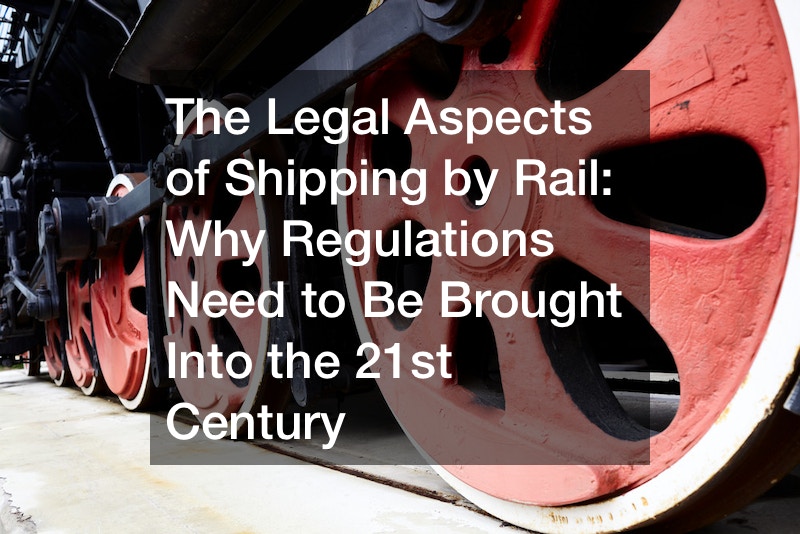No legal issues arise because the paperwork wasn’t properly completed. Failing to do so could result in substantial penalties and even bans for the future shipment. Uninsured Shipping – If the shipping company has issues and isn’t insured to handle it then the risk of legal liability increases immensely. You may have legal requirements for insuring a shipment. Or, it might simply cover the liability of the buyer for damaged shipping. In either case, not being able to carry it could be financial ruin. Reputation Risks – Any issues of this kind can be a threat to the reputation of the shipper andtherefore, the long-term viability of the company. Better to take steps to stay clear of these concerns rather than try to rectify the damage after a disaster. The risk of a reputation can be one of the most significant legal issues associated with shipping via rail. Shipping via rail: What Ships?
Bulk commodities make up more than 50% of all freight shipped through rail. The remainder of rail freight is made up mostly of bulk commodities. Bulk commodities include:
agricultural and energy-related products, automobiles, other motor vehicles, and their component parts chemical equipment and construction materials Food metals and other equipment minerals, other products made of paper and pulp from rags
The less significant portion of rail freight can be described as intermodal transport, using readily transportable containers for shipping, which are used to carry products for consumers and various other goods. Now let’s look at some specific shippers and shippers, and legal aspects associated with rail transportation raised through them.
Medi 1t4vnk93sg.
